Famous people born in Ottoman Empire
Page 2 of 20
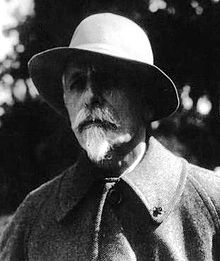
Basil Zaharoff
Basil Zaharoff was a Greekborn arms dealer and industrialist. One of the richest men in the world during his lifetime, Zaharoff was variously described including merchant of death and mystery man of Europe. His success was forged through his cunning, often aggressive and sharp business tactics. These included the sale of arms to opposing sides in conflicts, sometimes delivering fake or faulty machinery, and reportedly sabotaging trade demonstrations.....
Source: Wikipedia
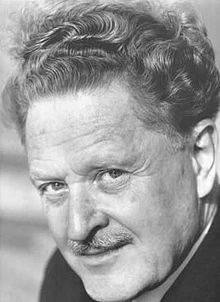
N z m Hikmet Ran
Nzm Hikmet Ran , commonly known as Nzm Hikmet was a Turkish poet, playwright, novelist, screenwriter, director and memoirist. He was acclaimed for the lyrical flow of his statements. Described as a romantic communist and romantic revolutionary, he was repeatedly arrested for his political beliefs and spent much of his adult life in prison or in exile. His poetry has been translated into more than fifty languages.....
Source: Wikipedia
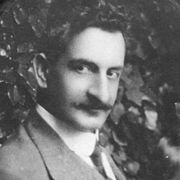
L on Gurekian
Lon Gurekian was an Ethnic Armenian architect, writer and political activist. He was active in the Ottoman Empire, Bulgaria and Italy.....
Source: Wikipedia
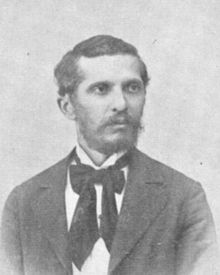
Naim Frash ri
Naim Frashri was an Albanian poet and writer. He was one of the most prominent figures of the Albanian National Awakening of the 19th century, together with his two brothers Sami and Abdyl. He is widely regarded as the national poet of Albania. He authored 22 works.....
Source: Wikipedia
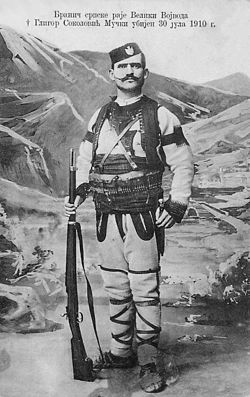
Gligor Sokolovi
Gligor Sokolovi was one of the supreme commanders of the Serbian Chetnik Movement, that fought the Ottoman Empire, Bulgarian, and Albanian armed bands during the Macedonian Struggle. He was one of the most famous Chetniks, and the foremost in Western Povardarie. In Bulgaria he is considered a Bulgarian who switched sides, i.e. Serboman.....
Source: Wikipedia
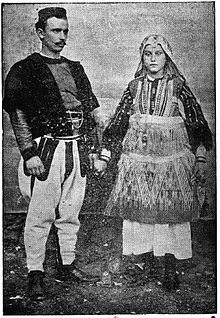
Doksim Mihailovi
Doksim Mihailovi was a Macedonian Serb voivode , originally a teacher, who joined the Serbian Chetnik Organization to fight in Ottoman Macedonia, and then the Balkan Wars . Originally a teacher, he fought against the Ottomans army and later Bulgarian guerrilla bands in the Kosovo Vilayet.....
Source: Wikipedia
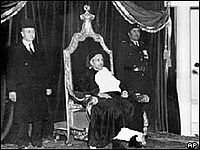
House of Shennib
The House of Shennib is one of Libyas prominent families. The House of Shennib includes notable public figures who have played a significant part in 20th century Libyan history heads of state, ministers, authors and diplomats. The familys history is intrinsically tied with the creation of the State of Libya with members of Bayt Shennib playing prominent roles in the defeat of colonial Italian Libya, the creation of the unified Libyan state after WWII. The most notable members of the family incl....
Source: Wikipedia
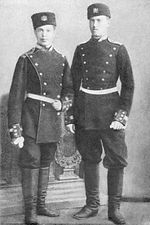
Gotse Delchev
Georgi Nikolov Delchev was an important revolutionary figure in Ottomanruled Macedonia and Thrace at the turn of the 20th century. He was one of the leaders of what is known today as Internal Macedonian Revolutionary Organization , a paramilitary organization active in Ottoman territories on the Balkans, at the end of the 19th and the beginning of the 20th century.....
Source: Wikipedia
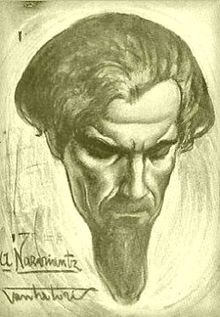
Hrand Nazariantz
Hrand Nazariantz was an Ottoman Armenian poet and translator who lived most of his life in Italy.....
Source: Wikipedia
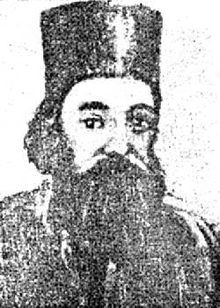
Kiril Peychinovich
Kiril Peychinovich or Kiril Pejinovi was a cleric, writer and enlightener, one of the first supporters of the use of modern Bulgarian in literature , and one of the early figures of the Bulgarian National Revival. In the Republic of Macedonia Peychinovich is considered one of the earliest contributors to modern Macedonian literature, since most of his works were written in his native Lower Polog dialect which he called most common and illiterate Bulgarian language of Lower Moesia.....
Source: Wikipedia
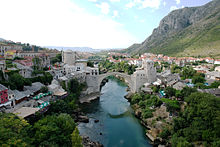
Evliya elebi
Mehmed Zilli , known as Evliya elebi , was an Ottoman Turk who travelled through the territory of the Ottoman Empire and neighboring lands over a period of forty years, recording his commentary in a travelogue called the Seyahatname .....
Source: Wikipedia
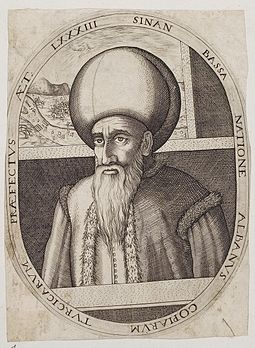
Koca Sinan Pasha
Koca Sinan Pasha was an Ottoman grand vizier, Ottoman military figure, and statesman. From 1580 till his death he served five times as Grand Vizier.....
Source: Wikipedia
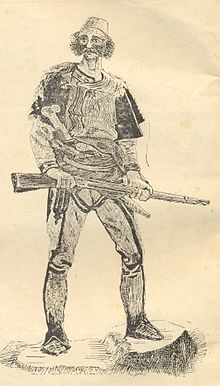
Oso Kuka
Oso Kuka was an Ottoman Albanian border guard. Surrounded by Montenegrin soldiers in a tower in the island of Vranjina, he blew it up killing himself and many of the Montenegrin soldiers. In the following decades, he became a rallying figure of the Albanian independence movement and a muchcelebrated character of important works in Albanian literature.....
Source: Wikipedia
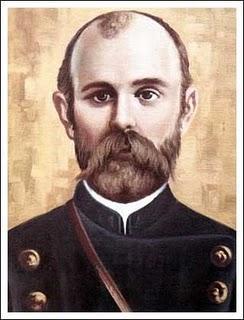
Konstantinos Christou
Konstantinos Christou , was an insurgent leader associated first with the proBulgarian Internal Macedonian Revolutionary Organization and later with the proGreek irregular fighters during the Greek struggle for Macedonia. Christou was born in the village of Rulja in 1863 and was president of Roulia, from 1893 to 1896. He began antiOttoman rebel activity in 1898, and then killed four local Ottoman officers. Later he became one of the first leaders of the Macedonian struggle.....
Source: Wikipedia
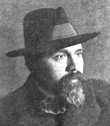
Konstantinos Maleas
Konstantinos Maleas was one of the most important Postimpressionist Greek painters of the 20th century. Along with Konstantinos Parthenis, he is considered as the most important Modern Artist in Greece.....
Source: Wikipedia
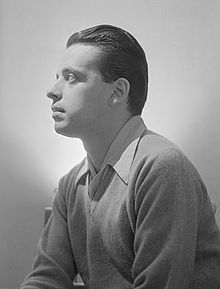
Nesuhi Ertegun
Nesuhi Ertegun was a TurkishAmerican record producer and executive of Atlantic Records and WEA International.....
Source: Wikipedia
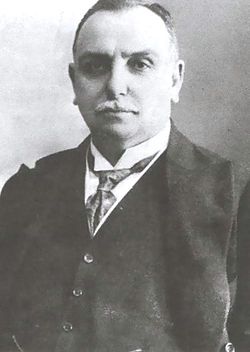
Krikor Zohrab
Krikor Zohrab was an influential Armenian writer, politician, and lawyer from Constantinople. At the onset of the Armenian Genocide he was arrested by the Turkish government and sent to appear before a military court in Diyarbakr. En route, at a locality called Karakpr or eytanderesi on the outskirts of Urfa, he was murdered by a band of known brigands under the leadership of erkez Ahmet, Halil and Nazm some time between 15 July and 20 July 1915....
Source: Wikipedia
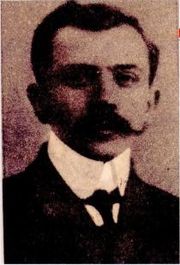
Kristo Dako
Kristo Dako , also known as Christo Dako, son of Anastas Dako, was an Albanian patriot and publisher of the early 20th century.....
Source: Wikipedia
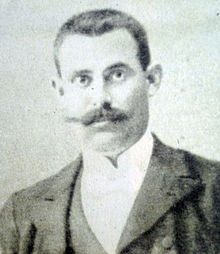
Kristo Luarasi
Kristo Luarasi was an Albanian nationalist figure and publisher. He was one of the latest activists of the Albanian National Awakening.....
Source: Wikipedia
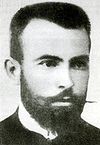
Krste Misirkov
Krste Petkov Misirkov was a philologist, slavist, historian and ethnographer. In the period between 1903 and 1907 he published a book and a scientific magazine in which he affirmed the existence of a Macedonian national identity separate from other Balkan nations, and attempted to codify a standard Macedonian language based on the Central Macedonian dialects. A survey conducted in the Republic of Macedonia found Misirkov to be the most significant Macedonian of the 20th century. For his effort....
Source: Wikipedia